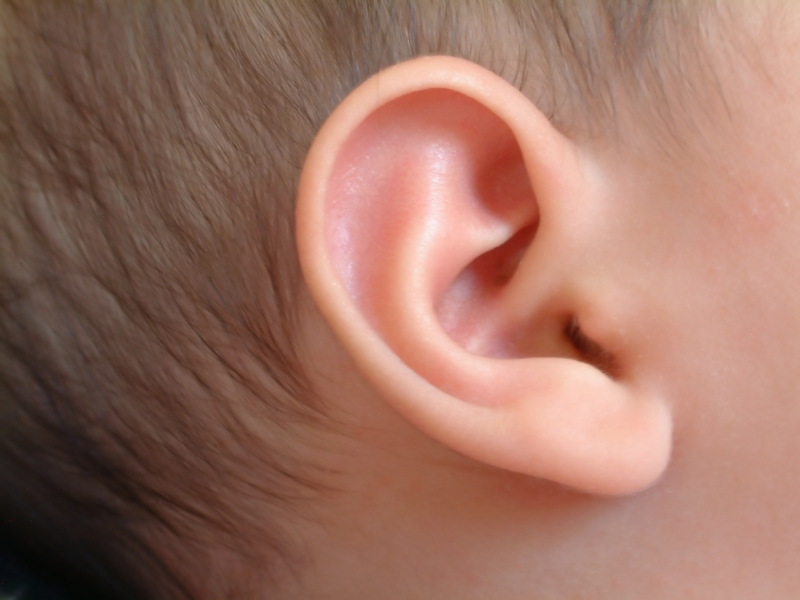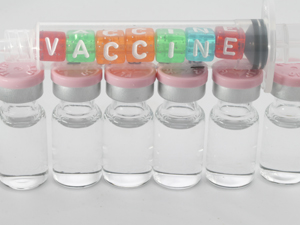During a recent visit to Seattle Children’s, 7-year-old Landon Browne dressed up as his favorite surgeon, Jay Rubinstein, to honor and celebrate him at this Halloween time of year. We suspect you saw the related media coverage, and wanted to share more about Landon, who has captured the public’s interest. There are landmark moments in […]
Daniel Rubens, MD, is not your average researcher. He’ll tell you for starters, that he’s not technically a researcher, but rather an anesthesiologist. His team is small: Travis Allen, a nurse anesthetist at Seattle Children’s, volunteers his free time to work alongside Rubens, who is also supported by staff and leaders at Seattle Children’s Research […]
Those three attention-grabbing words can often make parents a bit uneasy when they think about how they relate to their kids. The words are also the title of a new book from Megan Moreno, MD, who heads up the Social Media & Adolescent Health Research Team at Seattle Children’s Research Institute. Moreno is an adolescent […]
It’s 9 a.m. on a recent rainy morning in Seattle. Julie Park, MD, has her shoes drying out by the heater in her office at Seattle Children’s Hospital. She’s on a conference call with doctors and statisticians from Germany, Canada, the U.S. and Europe, and they’re discussing neuroblastoma, the most common solid tumor in children […]
When “Glee” star Cory Monteith died last month from an overdose of heroin and alcohol, his fans were baffled. Monteith, 31, seemed to have everything—a great job, fame and a loving girlfriend and co-star. He had just completed a stint in rehab in April, too. But the pull of addiction is strong and even the […]
Diabetic ketoacidosis (DKA), a complication of type 1 diabetes, is one of the most serious and potentially preventable conditions affecting children with diabetes today. A new national study led by Seattle Children’s found a wide variation in cost, length of stay and readmission rates for children with DKA. “Delivery of care for diabetic ketoacidosis in […]
This week medical experts from across the country will gather in Seattle to discuss “Cases That Keep Us Awake at Night,” the theme of the 2013 Pediatric Bioethics conference. It’s not uncommon for things to keep us awake at night—a disagreement with a friend or neighbor or anxiety over a big work assignment—but the issues […]
The first patient in a cellular immunotherapy Phase 1 cancer trial at Seattle Children’s has had a positive response to T-cell therapy. The 23-year-old patient, Lynsie Conradi, from Bellingham, Wash. received the welcome news yesterday. Conradi signed up for the study after experiencing a second relapse of leukemia earlier this year. The new treatment involves […]
Young people who come to their doctor’s office for care are often not offered shots that they should have, including those for tetanus, diphtheria and pertussis, human papillomavirus and meningococcal disease. “Missed Opportunities for Adolescent Vaccination, 2006-2011” was published June 27 in the Journal of Adolescent Health.
Headlines these days related to research funding are grim: “Seattle researchers fear federal cuts will costs lives and jobs” and “Show me the money: Is grant writing taking over science?” are two recent stories that ran in the Puget Sound Business Journal and The Guardian, respectively. The federal government announced in May that the National […]










